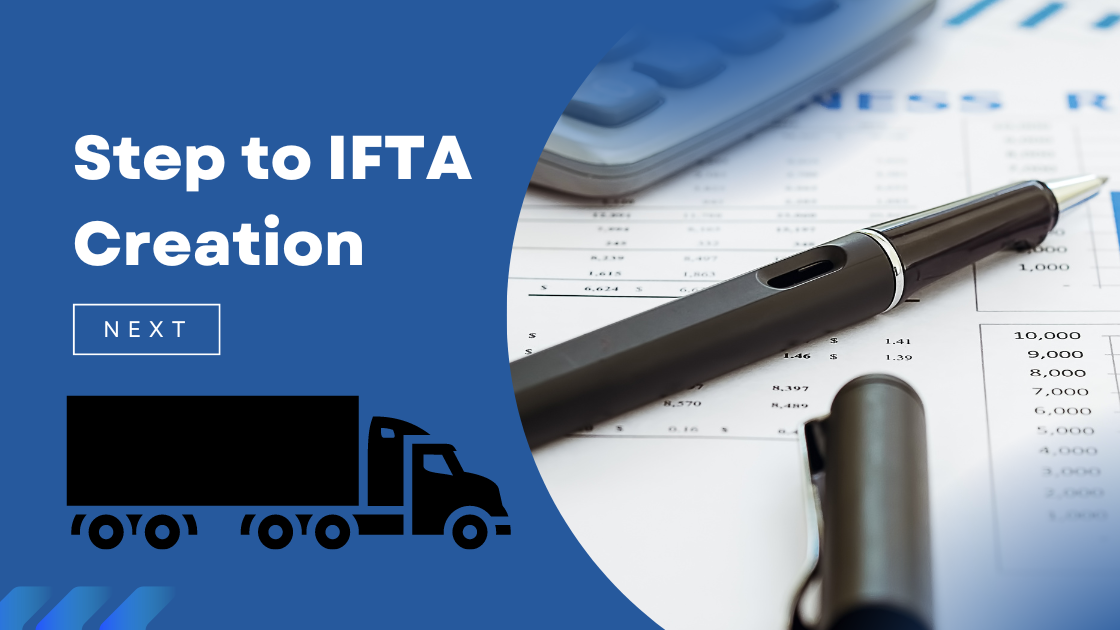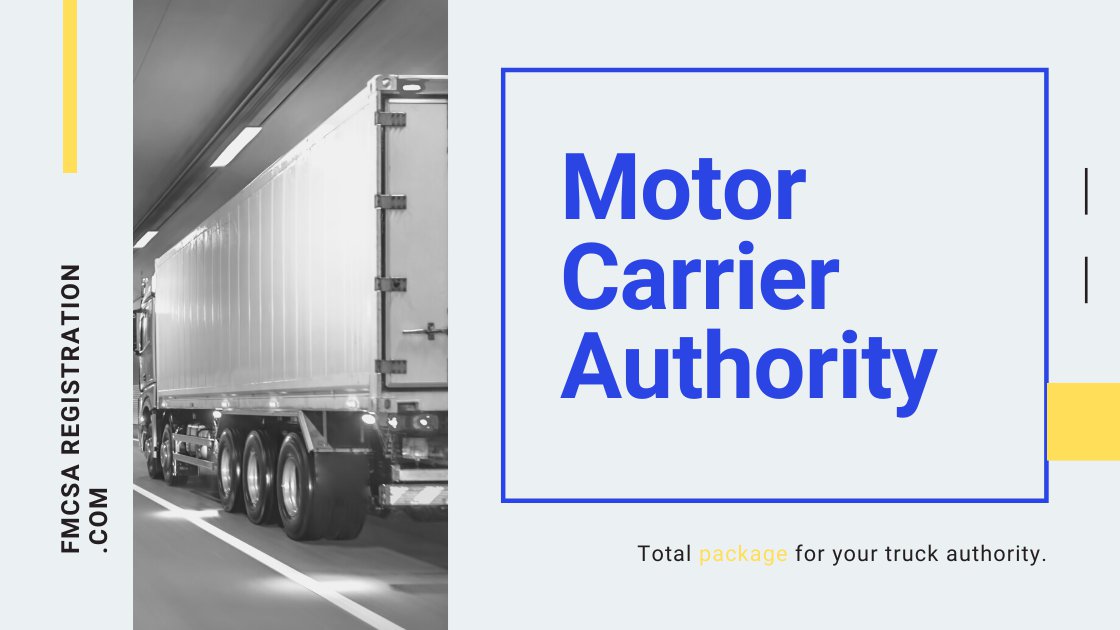Why is dot training compliance important
DOT (Department of Transportation) training compliance is crucial for several reasons, primarily concerning safety, legal obligations, and operational efficiency. Here are some of the key reasons why DOT training compliance is important:
- Safety: The primary goal of the DOT is to ensure that the transportation system in the U.S. (and other countries with their DOTs) is safe for workers and the general public. Proper training ensures that all personnel understand their jobs' best practices, risks, and precautions. This reduces accidents, injuries, and fatalities.
- Regulatory Compliance: The DOT sets out regulations and guidelines for the transportation industry. Failing to comply with these can result in severe penalties, including fines and suspension of operations.
- Efficiency and Quality: Training ensures that personnel understand how to perform their tasks efficiently and to a high standard, leading to smoother operations.
- Liability and Risk Management: Proper training reduces the risk of accidents and incidents. In the event of legal action, demonstrating that all employees have undergone thorough and appropriate training can help defend against claims.
- Environmental Responsibility: Transportation can have significant environmental impacts, such as spills or emissions. Training ensures employees know how to minimize these impacts and respond correctly if issues arise.
- Employee Confidence and Morale: When well-trained employees are more likely to feel confident in their roles, leading to higher morale and job satisfaction.
- Professional Development: Continuous training helps employees develop their skills and grow professionally. This benefits the individual and makes for a more skilled workforce.
- Public Perception: Compliance and proper training can improve the public's perception of a company. A good safety record and a reputation for adhering to regulations can make a company more trustworthy in the eyes of customers and partners.
- Cost Savings: Accidents and mistakes can be costly, not only in terms of potential fines and legal fees but also in damage to equipment and loss of business. Investing in training can help avoid these costs.
- Operational Continuity: Ensuring that all personnel are well-trained helps prevent disruptions to operations. This is especially critical in the transportation industry, where schedules and timely deliveries are essential.
In summary, DOT training compliance combines legal obligation, safety precautions, and business best practices. Non-compliance can lead to various problems, from legal consequences to accidents and loss of reputation.
Mandatory dot compliance training
Mandatory DOT (Department of Transportation) compliance training is essential for various reasons, especially for individuals and companies operating within the transportation industry in the United States. Here's why this training is critical:
- Safety First: The primary goal of DOT regulations is to ensure the safety of the drivers and the general public. Proper training helps reduce the number of accidents, fatalities, and injuries on the road.
- Prevention of Hazards: DOT compliance training also educates drivers and transportation professionals about the potential hazards associated with transporting goods, especially hazardous materials. Proper handling and understanding can prevent spills, explosions, or other dangerous events.
- Regulatory Compliance: Being in compliance means that companies and their drivers meet all the federal requirements for operating commercial vehicles. Non-compliance can result in hefty fines, penalties, and even the shutdown of operations.
- Economic Impact: Accidents or incidents resulting from non-compliance can result in costly damage to goods, vehicles, infrastructure and can also increase insurance premiums. Proper training helps companies avoid these unnecessary costs.
- Reputation Management: Companies that consistently meet DOT standards and have a good safety record can build a positive reputation in the trucking industry. This could lead to an increased in business opportunities and customer trust.
- Professional Development: For drivers, DOT compliance training is a pathway to professional development. It provides them with the necessary knowledge and skills to carry out their jobs efficiently and safely.
- Reduction of Liability: If there is an accident or incident, having evidence of comprehensive DOT compliance training can reduce a company's liability. It can demonstrate that the company took all necessary precautions and provided adequate training to its drivers.
- Continual Updates: The transportation industry, like many others, is subject to continual changes in technology, best practices, and regulations. Regular DOT compliance training ensures that drivers and other professionals are always up-to-date with the latest standards and requirements.
- Environmental Protection: For those transporting hazardous materials, spills or leaks can have a detrimental effect on the environment. Online training can reduce the likelihood of such incidents.
- Employee Morale and Retention: When employees are well-trained and confident in their roles, they tend to have higher job satisfaction. This can lead to lower driver turnover rates and higher morale within the company.
In summary, mandatory DOT compliance training is crucial for safety, regulatory adherence, economic viability, and professional growth in the transportation industry. Both drivers and companies benefit from understanding and adhering to DOT regulations.




